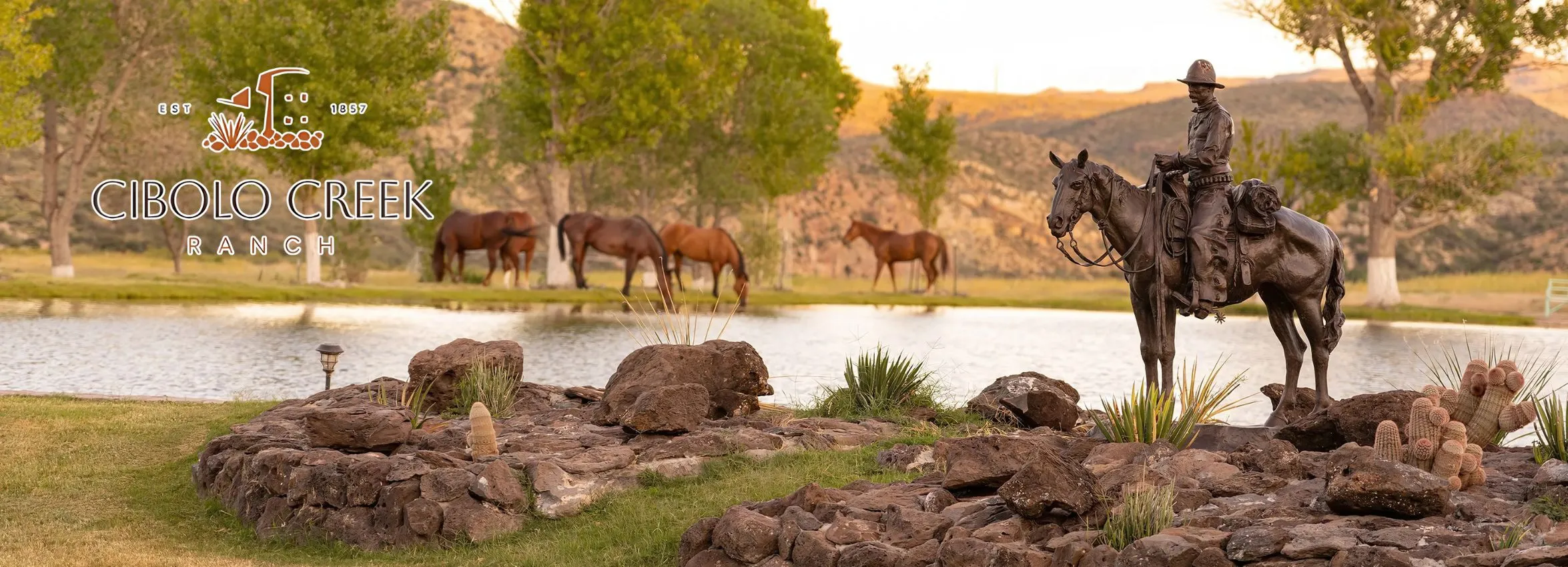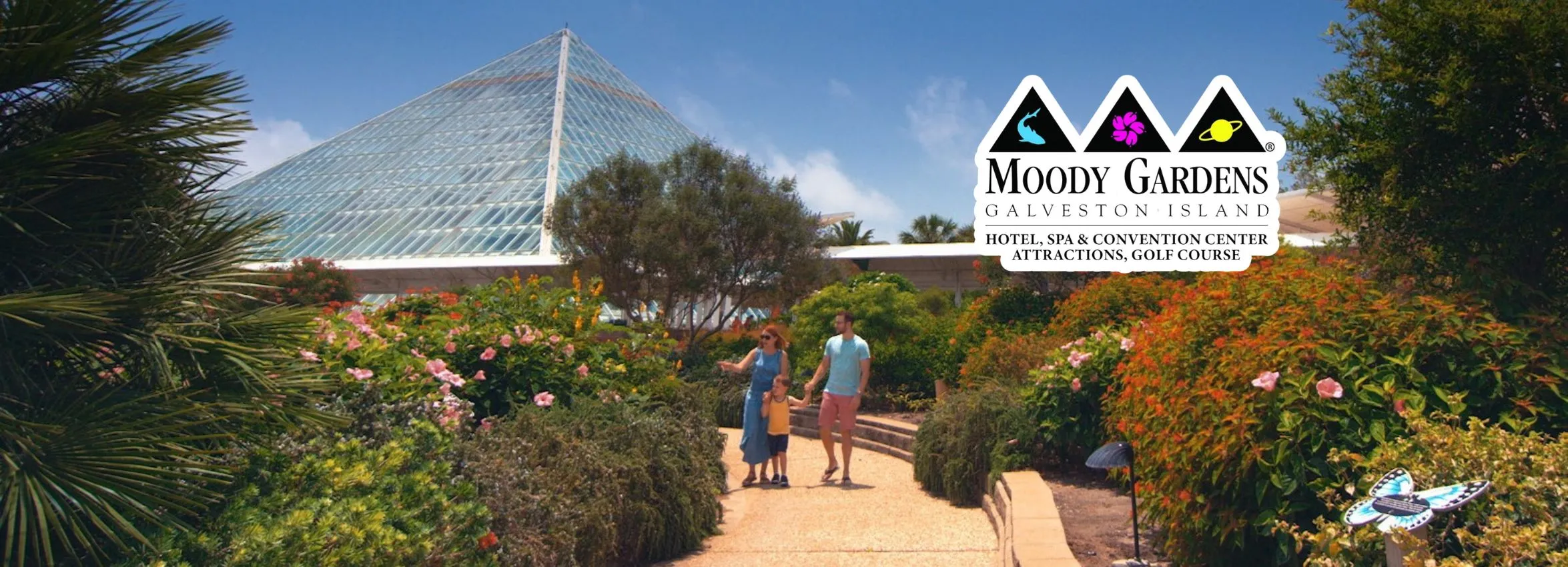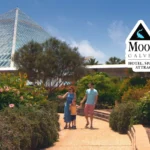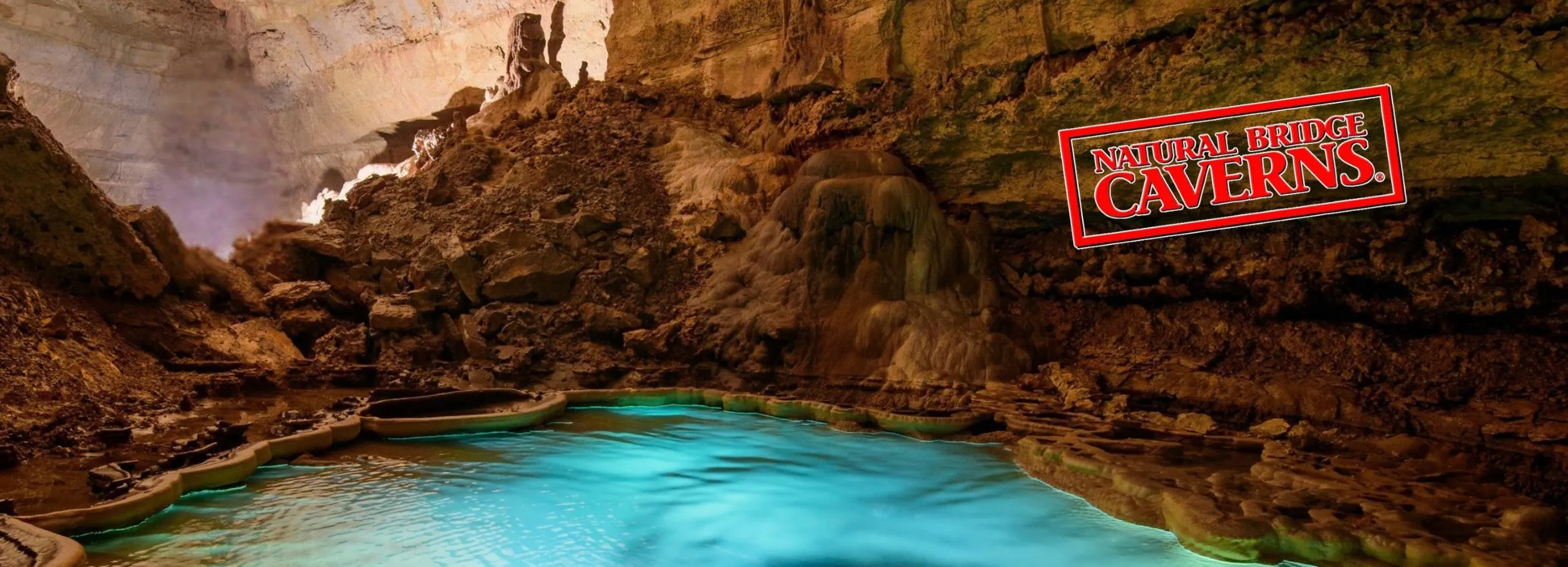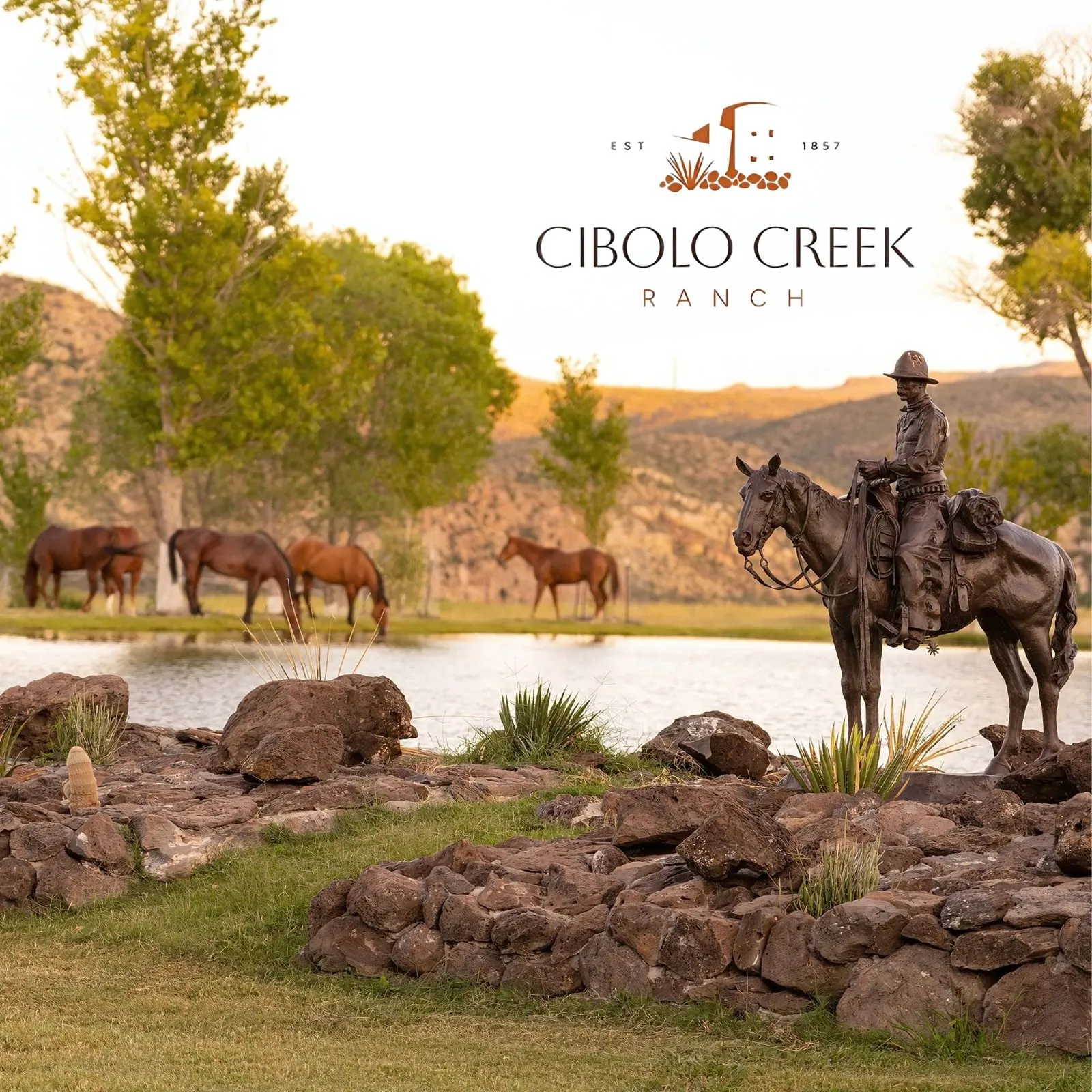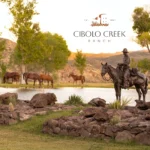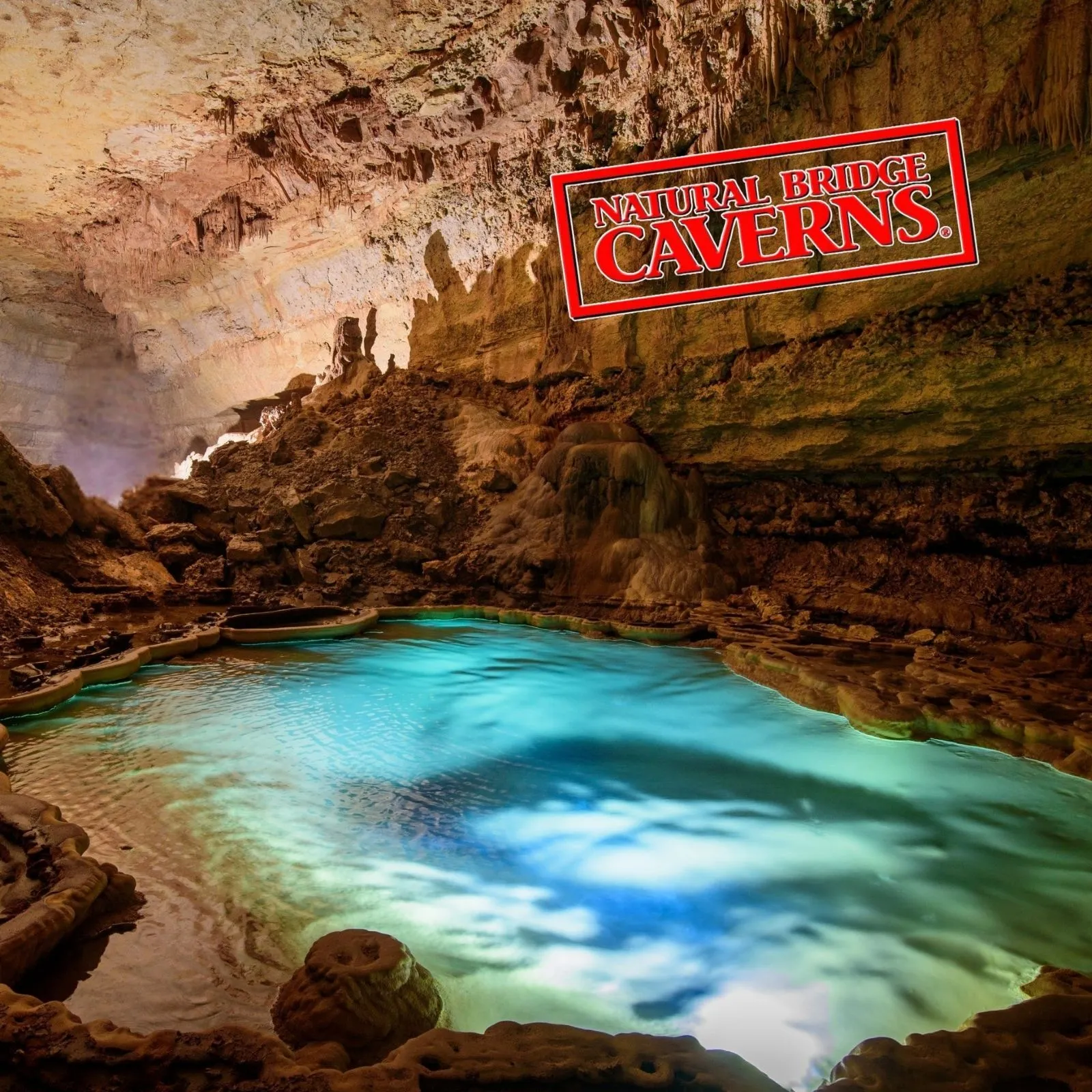The Ultimate Alabama History Trail: Top Museums, Missions & Historic Towns (Currently Open)
Alabama isn’t just a state—it’s a living storybook of American history. From the rise of early Native American cultures to the crucible of the Civil Rights Movement, Alabama holds some of the nation’s most powerful and transformative moments. Its landscapes, towns, and museums stand as testaments to courage, creativity, and change.
Whether you’re tracing Civil War battlefields, exploring Civil Rights landmarks, or strolling through historic towns that feel frozen in time, Alabama offers travelers a rare opportunity to walk through the pages of history—literally.
This is your insider’s guide to The Ultimate Alabama History Trail, featuring the top museums, missions, and historic towns across the state—all currently open and welcoming visitors.
Montgomery – The Birthplace of Civil Rights and a Window to the Past
Alabama’s capital, Montgomery, is one of the most significant cities in the nation when it comes to American history. It’s where the Civil War began and the Civil Rights Movement ignited nearly a century later.
Top Sites to Visit:
Rosa Parks Museum – Located at Troy University, this museum commemorates Rosa Parks’ courageous act of defiance in 1955, which launched the Montgomery Bus Boycott. Visitors can explore interactive exhibits and powerful artifacts from that pivotal time.
Dexter Avenue King Memorial Baptist Church – This is where Dr. Martin Luther King Jr. preached and helped lead the Montgomery Bus Boycott. Guided tours give insight into his leadership and the church’s vital role in the Civil Rights struggle.
Civil Rights Memorial Center – Designed by Maya Lin, who also designed the Vietnam Veterans Memorial in D.C., this memorial honors those who sacrificed their lives for justice and equality.
First White House of the Confederacy – A preserved home that once served as the executive residence of Confederate President Jefferson Davis, offering a fascinating look into early Civil War history.
Montgomery’s contrasts—its Confederate past and its Civil Rights legacy—make it one of the most emotionally powerful stops on Alabama’s history trail.
Selma – Walking Across the Bridge of Change
Few places in America carry the same weight as Selma, a town that became a symbol of courage and progress during the Voting Rights Movement of 1965.
Must-See Attractions:
Edmund Pettus Bridge – Perhaps the most recognized landmark in Selma, this bridge is where “Bloody Sunday” occurred when peaceful marchers were attacked by law enforcement. Today, it stands as a symbol of perseverance and hope.
National Voting Rights Museum & Institute – Just steps from the bridge, this museum honors those who fought for voting equality and chronicles the events that led to the passage of the Voting Rights Act of 1965.
Selma is more than history—it’s a living monument to democracy and determination. Walking its streets is an emotional and humbling experience.
Tuskegee – A Legacy of Learning and Leadership
The small town of Tuskegee carries a legacy of excellence, innovation, and empowerment. It’s home to two of the most significant African-American institutions in the country.
Key Historic Stops:
Tuskegee University National Historic Site – Founded in 1881 by Booker T. Washington, this historic university has educated generations of African-American leaders. The site includes The Oaks, Washington’s former home, and the George Washington Carver Museum, which showcases Carver’s groundbreaking agricultural work.
Tuskegee Airmen National Historic Site – Located at Moton Field, this site celebrates the bravery of the first African-American military pilots who served during World War II. Interactive exhibits and restored aircraft tell their inspiring story.
Tuskegee’s story is one of empowerment and excellence, representing the transformative power of education and perseverance.
Birmingham – The Industrial Capital and Civil Rights Epicenter
Known as the Magic City, Birmingham rose from an iron and steel powerhouse to one of the most important cities in America’s Civil Rights story.
Don’t Miss:
Birmingham Civil Rights Institute – This internationally acclaimed museum offers immersive exhibits on segregation, protests, and the broader fight for equality.
16th Street Baptist Church – Tragically known for the 1963 bombing that killed four young girls, this church remains a place of worship and a poignant reminder of the cost of freedom.
Kelly Ingram Park – Once the site of protest marches, it’s now filled with moving sculptures depicting scenes from the Civil Rights Movement.
Sloss Furnaces National Historic Landmark – Step back into Birmingham’s industrial roots at this preserved ironworks, which once powered the city’s economic rise.
Birmingham beautifully balances progress and preservation, offering an unflinching look at its history while celebrating the people who reshaped it.
Mobile – Where Colonial History Meets Coastal Charm
Founded in 1702, Mobile is Alabama’s oldest city and a blend of French, Spanish, British, and American influences. Its streets are lined with centuries-old architecture and stories of seafaring, trade, and celebration.
Top Attractions:
USS Alabama Battleship Memorial Park – Home to the mighty USS Alabama (BB-60) and the USS Drum submarine, this park honors American heroes and is a must-visit for military enthusiasts.
Fort Conde – A beautifully reconstructed 18th-century French fort that tells the story of Mobile’s colonial past.
Oakleigh Historic Complex – This Greek Revival mansion showcases antebellum Mobile and offers tours rich in Southern history.
Cathedral Basilica of the Immaculate Conception – Built in 1850, it’s a stunning architectural landmark that reflects Mobile’s deep Catholic roots.
Mobile isn’t just about history—it’s also the birthplace of Mardi Gras in America, giving visitors a colorful taste of Alabama’s cultural side.
Huntsville – From Pioneers to the Space Age
While most people know Huntsville as the Rocket City, its history stretches back long before NASA. This North Alabama gem blends early frontier heritage with space-age innovation.
Historical Highlights:
U.S. Space & Rocket Center – The official visitor center for NASA’s Marshall Space Flight Center, featuring rockets, simulators, and hands-on exhibits about America’s journey into space.
Alabama Constitution Village – Step back to 1819, when Alabama’s first constitution was drafted here. Costumed interpreters and restored buildings recreate the atmosphere of early statehood.
Burritt on the Mountain – A mountaintop museum featuring restored cabins and panoramic views, offering insight into 19th-century frontier life.
Huntsville is where Alabama’s frontier past meets its high-tech future, making it a fascinating stop for both history lovers and science fans.
Mooresville – Alabama’s First Incorporated Town
Before there was Alabama, there was Mooresville. Established in 1818, this tiny town predates the state itself. With fewer than 60 residents, it feels like stepping back in time.
What to Explore:
Historic Mooresville Post Office – Dating back to 1840, it’s the oldest operational post office in Alabama.
Brick Church and Stagecoach Tavern – Two well-preserved landmarks that give visitors a glimpse into early 19th-century life.
Walking through Mooresville is like entering a time capsule. The town’s peaceful charm and untouched beauty make it a must-see for lovers of small-town Americana.
Florence & The Shoals – Music, Architecture, and Innovation
The Shoals region—including Florence, Tuscumbia, Sheffield, and Muscle Shoals—is known as both a cradle of American music and a crossroads of history.
Can’t-Miss Sites:
Ivy Green – The birthplace of Helen Keller in Tuscumbia, where visitors can see the famous water pump where she first understood language.
Muscle Shoals Sound Studio – This world-famous studio recorded legends like Aretha Franklin, The Rolling Stones, and Lynyrd Skynyrd.
Pope’s Tavern Museum – Once a Civil War hospital, it now showcases artifacts from the 18th and 19th centuries.
The Shoals captures Alabama’s creative soul, merging music, invention, and historical preservation.
Fort Toulouse–Fort Jackson Park – Where Cultures Collide
Located in Wetumpka, this site captures 3,000 years of Alabama history, from Native American settlements to French colonial forts and American expansion.
Visitors can see:
Reconstructed Fort Toulouse, built by the French in 1717
The site of Fort Jackson, where General Andrew Jackson’s forces defeated the Creek Nation
Archaeological exhibits detailing the region’s layered past
Each November, the Frontier Days Festival brings history alive with costumed reenactors, music, and crafts, making this one of the most engaging historic experiences in Alabama.
Old Cahawba – Alabama’s Forgotten Capital
Hidden near Selma, Old Cahawba was Alabama’s first capital from 1820 to 1825. Today, it’s a hauntingly beautiful ghost town and archaeological site.
Wander among the ruins of brick streets, cemeteries, and church foundations, and imagine the bustle of a once-prosperous river town. Interpretive signs and guided tours help visitors piece together its story of growth, decline, and rediscovery.
It’s a photographer’s dream and one of the most atmospheric sites on the Alabama History Trail.
Eufaula – The Queen City of the Chattahoochee
Known for its magnificent antebellum homes, Eufaula offers a glimpse into the architectural grandeur of the 19th century.
Key Experiences:
Shorter Mansion – The centerpiece of the annual Eufaula Pilgrimage, where locals open their homes for tours.
Seth Lore and Irwinton Historic District – Home to one of the largest collections of historic homes in Alabama.
Eufaula’s tree-lined streets and stately mansions evoke the grace of the Old South while celebrating the artistry of preservation.
Conclusion: Travel Through Time on Alabama’s History Trail
From Montgomery’s Civil Rights landmarks to the ghostly ruins of Old Cahawba, Alabama’s history trail offers a journey like no other. Each stop tells a different story—of triumph, tragedy, invention, and resilience.
Whether you’re a lifelong Alabamian or a first-time visitor, this trail invites you to see the state through the eyes of its past and appreciate how far it has come.
So grab a map, fill up your tank, and start your adventure through The Ultimate Alabama History Trail—because the stories of the past are waiting to be discovered, and Alabama’s open doors are ready to welcome you in.
